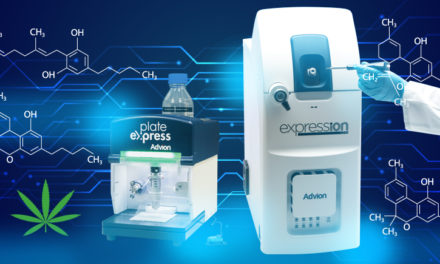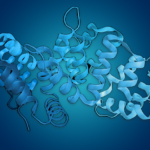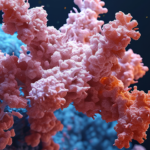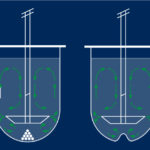Protein kinases play a vital role in regulating cell growth, proliferation, and immunity by phosphorylating proteins. Dysregulation of kinases is associated with various diseases. To study kinase activity, a range of assays have been developed. This presentation provides an overview of kinase activity assays and their applications.
There are different types of human protein kinases, including AGC, CaM, CK1, CMGC, STE, TK, and TKL. Each group has distinct characteristics and functions in cellular signaling pathways.

Kinase enzymes catalyze the transfer of phosphate groups from high-energy molecules to specific substrates.
Kinases are involved in diverse cellular processes, such as protein synthesis, cell division, apoptosis, and aging. They also play a crucial role in diseases like cancer, diabetes, hypertension, Parkinson’s, and Alzheimer’s.
Radiometric Kinase Activity Assay
Traditionally, radiometric assays using 32P-labeled ATP have been used to measure kinase activity. This method involves SDS-PAGE and autoradiography to visualize and quantify the phosphorylation of proteins.
Fluorescent Detection
Fluorescent assays provide an alternative to radioactive methods. They use fluorescent probes to detect ADP, a product of kinase phosphorylation. These assays offer real-time monitoring and can screen compound libraries for potential kinase modulators. HTS Assays are also available for high throughput screening.
Luminescent Detection
Luminescent-based assays use ADP luminescence to measure kinase activity. They employ a luciferase-luciferin reaction to detect newly synthesized ATP. These assays are highly sensitive, high-throughput, and can be used for other ADP-generating enzymes.
Qualitative Polymerase Chain Reaction (qPCR)
qPCR is a sensitive technique that quantitates kinase activity by detecting associated DNA labels. It can measure the amount of kinase captured in test samples and determine dissociation constants for kinase interactions.
Sandwich ELISA
Sandwich ELISA assays quantify kinase activity using antibody-antigen interactions. They are rapid, sensitive, cost-effective, and provide substrate specificity information.
Liquid Chromatography-Mass Spectrometry (LC-MS/MS)
LC-MS/MS enables the identification of protein phosphorylation without bias. It is used for large-scale identification of phosphorylated peptides and phosphosite localization.
Learn More:
- RIM-1 fluorescent probe to visualize the distribution of protein kinase C (PKC)
- List of active kinases
- Contact for any technical, application or commercial support:
- Phone: +33 4 70 03 73 06
- Email: consumables.eu@advion-interchim.com
- Follow our news on LinkedIn















